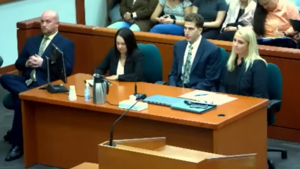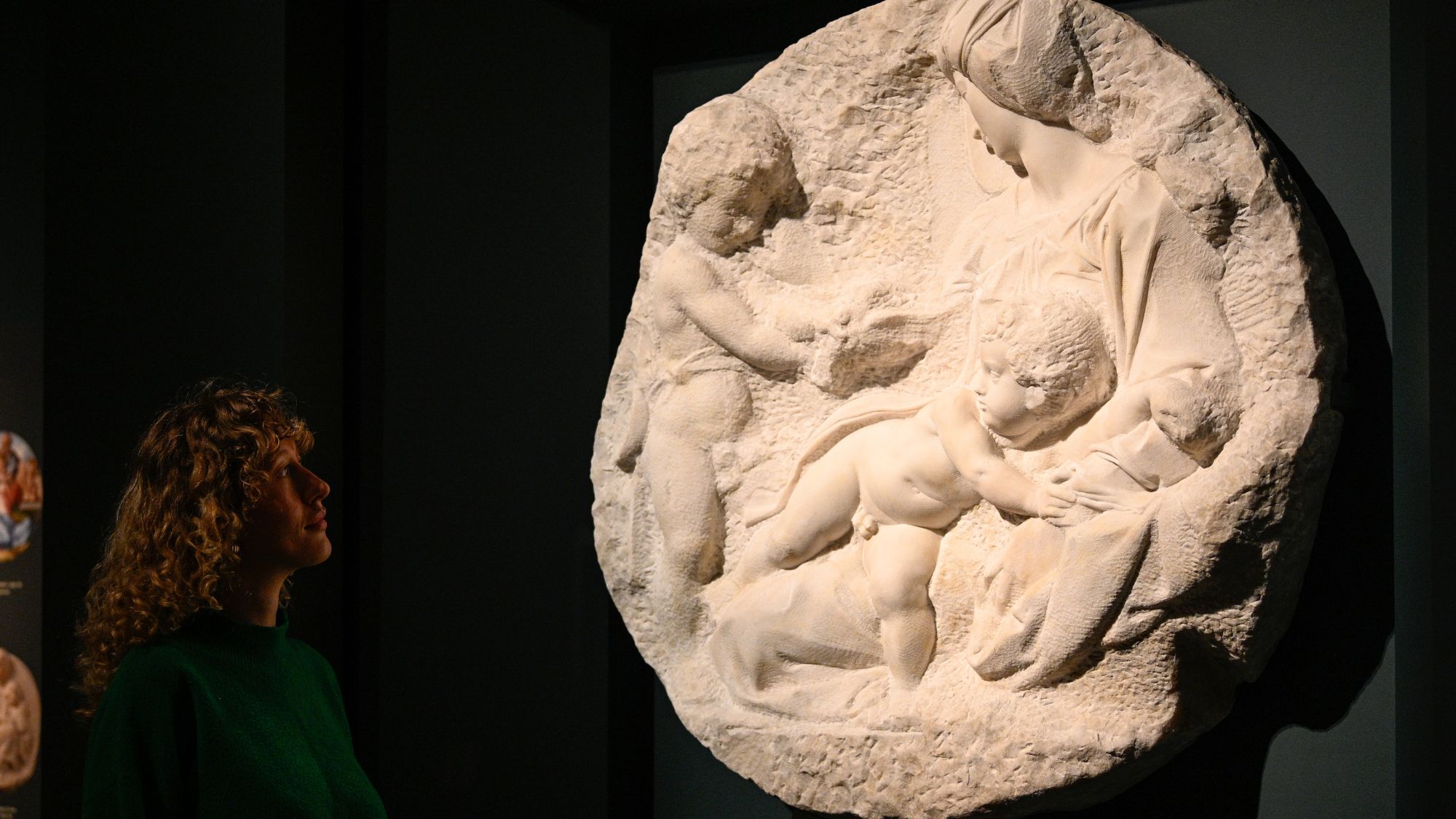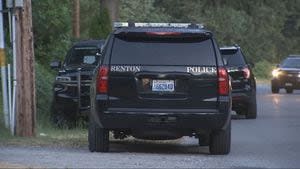
BOISE, Idaho — Bryan Kohberger’s team was back in court Thursday and argued against what they called ‘false information’ and the prosecution’s use of DNA evidence.
Kohberger’s team told Judge Steven Hippler that police knowingly withheld and provided false information in the affidavit of probable cause.
The defense also fought to throw out the DNA evidence used by the prosecution to connect Kohberger to the crime scene.
Bryan Kohberger is suspected of murdering four University of Idaho students in a house near campus in 2022.
The prosecution says they can connect Kohberger to the quadruple murder because his DNA was found on a knife sheath found at the scene.
The defense said on Thursday that the method police used to determine the DNA to be Kohberger’s was unconstitutional.
The method, ‘investigative genetic genealogy,’ is a process where police enter DNA profiles into public databases to find relatives and narrow the list of potential suspects.
“The court should suppress the IGG identification and everything that flows from that,” Kohberger’s defense attorney, Ann Taylor said.
Taylor said the FBI uploaded Kohberger’s DNA to the public genealogy databases without a search warrant, violating Kohberger’s Fourth Amendment rights.
The prosecution pushed back against the argument.
“There is no case law anywhere that the state could find and the defense has not cited any to suggest that there is a reasonable expectation of privacy in DNA found at a crime scene,” the defense said.
Later during the hearing, Kohberger’s team asked the judge to consider a ‘Franks Hearing,’ a legal proceeding to determine whether police intentionally withheld, or provided false information to secure a search warrant.
If the defense can prove police did so to obtain any search warrant used in the case, the warrant would be tossed.
Taylor also said the police included incorrect timestamps of Kohberger’s location, which was tracked through his phone.
She also said police didn’t include in the affidavit various claims from the witness who was home during the murders.
“They also don’t tell the magistrate that this witness has claimed memory problems, that this witness has claimed that she’s not sure what she saw was real,” Taylor said.
For months, the defense has been pushing to make the DNA findings available to the public. The judge has denied that request, saying he doesn’t want to taint the prospective jury pool by exposing evidence that might not be admissible in the trial.
Judge Hippler did not make a decision on Thursday.
The hearing will continue on January 24.
PREVIOUS COVERAGE: DNA evidence takes center stage Thursday in Idaho student murder case
COPYRIGHT 2025 BY KXLY. ALL RIGHTS RESERVED. THIS MATERIAL MAY NOT BE PUBLISHED, BROADCAST, REWRITTEN OR REDISTRIBUTED.
#Kohbergers #defense #team #questions #prosecutions #DNA #methodology #court #News












Leave a Reply